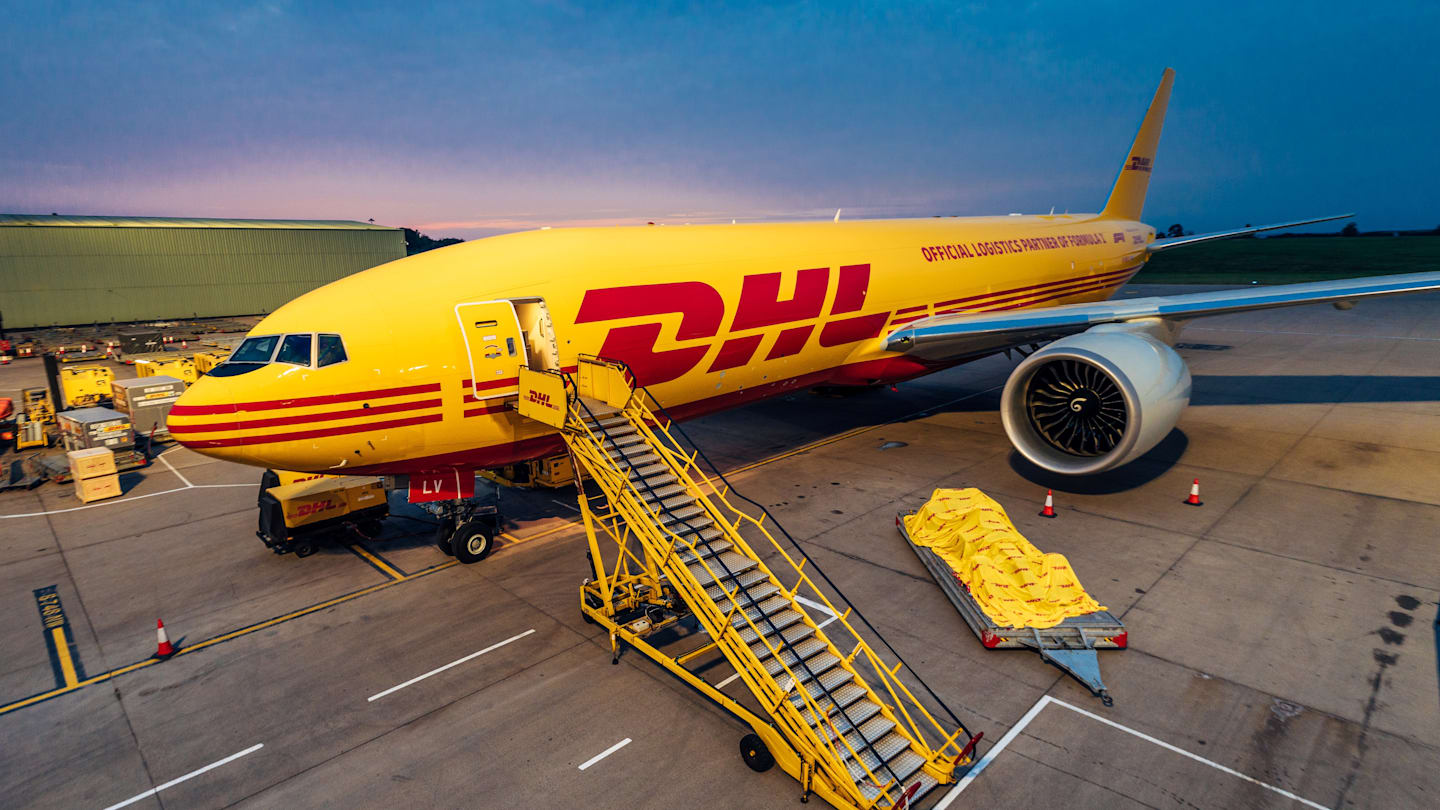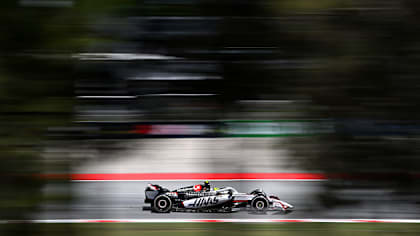
News
Formula 1 makes first investment in Sustainable Aviation Fuel as part of long-term ultra-efficient logistics strategy
Share

Formula 1 has announced its first investment in Sustainable Aviation Fuel (SAF) as part of its ultra-efficient logistics strategy and commitment to reaching Net Zero by 2030.
The first phase of investment focuses on SAF purchases through Global Partner DHL for air cargo to and from flyaway races since the Australian Grand Prix in March, and covers approximately 20% of subsequent cargo flights this season.
Using SAF delivers an estimated 80% reduction in associated carbon emissions* per flight, which means that the flights covered by SAF purchases in the 2024 season are estimated to save over 4,500 tCO2e (tonnes of carbon dioxide equivalent**), compared to the use of conventional aviation fuel.
In this first phase of investment, Formula 1 is procuring SAF using the industry recognised ‘book and claim’ model through DHL’s GoGreen Plus service. As the sector and SAF infrastructure is expanding, it is not possible to directly fuel cargo planes used to move F1 freight with SAF. Instead, DHL has enabled F1 to ‘book’ the needed fuel amount, which then gets added to the supply chain in other planes where SAF is directly available.
This ensures a high standard of product quality and traceability, with all carbon reductions verified before F1 can ‘claim’ them in their carbon footprint. This model helps reduce carbon emissions with current SAF volumes and encourages future market growth.
What is SAF and why is Formula 1 investing in it?
SAF is the latest example of F1’s continued transition to sustainable fuels across the sport and its operations. From 2026, F1 cars will run on 100% sustainable fuel, while F2 and F3 will reach that standard by next season, having been at 55% since the start of 2023 in partnership with Aramco, and the FIA Safety and Medical cars currently use 40% sustainable fuel.
Grands Prix in Europe are delivered using biofuel-powered trucks, as well as events throughout the calendar using alternative energy solutions, such as biofuel. From next season, F1 will also power key operational areas of all European Grands Prix, such as the Pit Lane and Paddock, using a low-carbon power solution provided by Aggreko, which reduces emissions in the supplied areas by more than 90%.
”Formula 1 has always been at the forefront of innovation, and our early stage investment in Sustainable Aviation Fuel is a testament to our dedication to deliver on our Net Zero by 2030 commitment,” said Ellen Jones, Head of ESG, Formula 1.
“SAF is just the latest step for the business, and underscores how alternative fuels both on and off track can materially reduce carbon emissions. This delivery of our sustainability strategy is only made possible through coordinated actions across our sport.”
Paul Fowler, Head of Motorsports Logistics, DHL, added: “Our longstanding partnership with Formula 1 is built on a shared passion for innovation and excellence. We are committed to using our expertise to transport Formula 1's cars and equipment around the world in the most efficient way possible. With 40 years of expertise in motorsports logistics, we are focused on cutting down greenhouse gas emissions and making motorsport more sustainable with every step we take.”
*SAF reduces full life cycle greenhouse emissions by 80%, this includes every stage from the initial extraction of raw materials to the final combustion in an aircraft engine.
**The difference between CO2 and CO2e is that CO2e considers all other greenhouse gases, not just carbon.
YOU MIGHT ALSO LIKE
Podcast F1 EXPLAINS: Legendary F1 racer Mika Hakkinen answers listeners’ questions live at the Monaco Grand Prix
Feature What the teams said – Friday in Spain

Video HIGHLIGHTS: Relive the action from FP2 in Barcelona as Piastri heads the timesheets

Video HIGHLIGHTS: Watch the action from FP1 in Spain as Norris sets early pace over Verstappen


